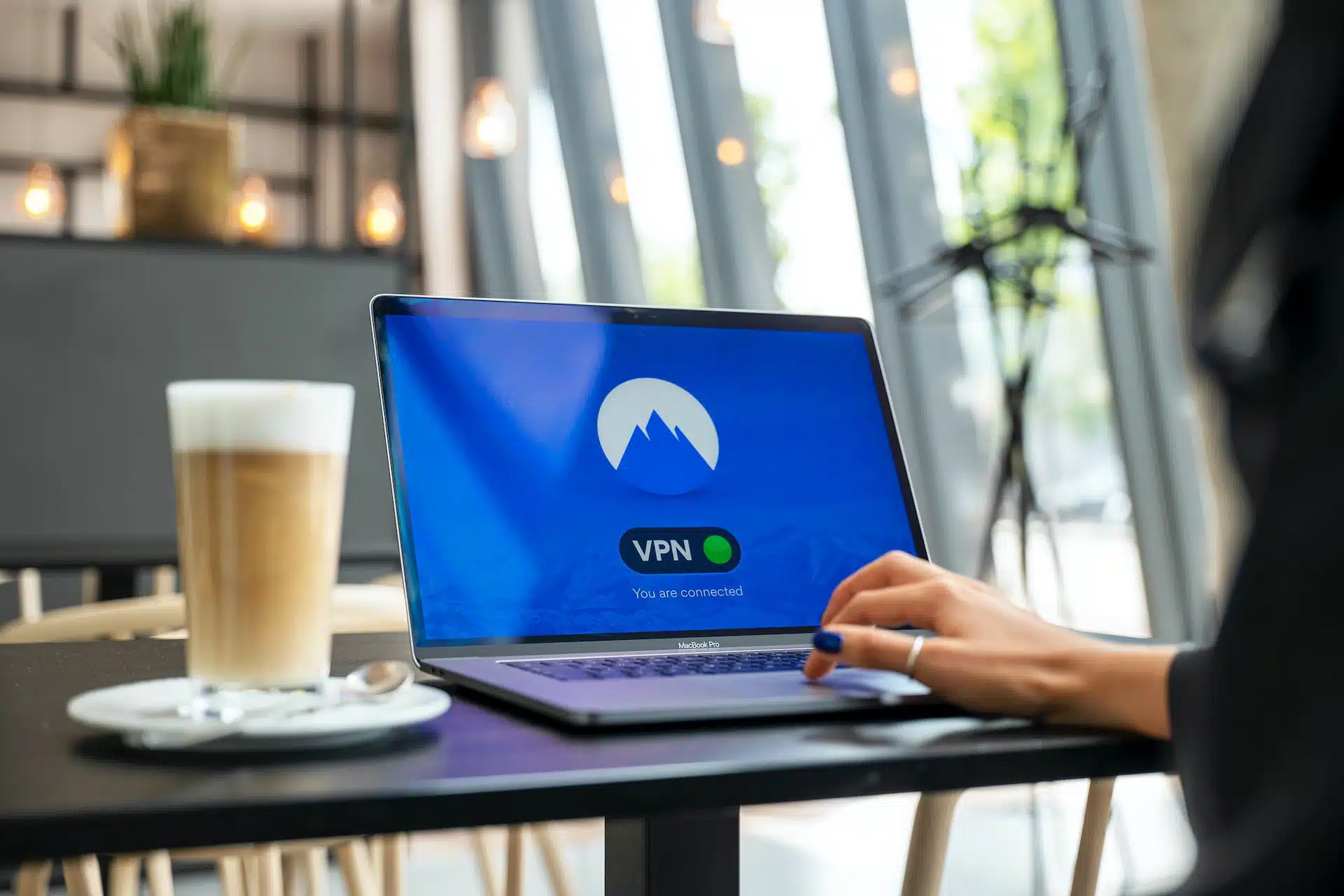If you’re looking for ways to secure your business’s online data and communications, a virtual private network (VPN) may be one of the most effective solutions. VPNs are designed to provide a secure connection between two or more networks while allowing users to access resources on both sides securely. So, if you want to know how to choose a VPN for your business, here are some key factors to consider.
1. Research different options
When it comes to finding a VPN for your business, there are many options to choose from. Doing research into different providers and their features will be the best way to find the one that best suits your needs. Make sure you consider factors such as security protocols, encryption level, bandwidth and speed, server locations, and customer support when researching different options. For example, top VPNs offering Wireguard protocol feature better security, faster speeds, and improved server networks. Additionally, finding a VPN that allows for multiple connections may also be beneficial if you have multiple team members that need to access the VPN.
2. Check for compatibility
It’s important to make sure that any VPN you select is compatible with all the devices in use on your network. When choosing from top VPN providers, different levels of compatibility are offered, so check before signing up. Additionally, check if they offer support for mobile devices and if any additional software needs to be installed. If you are using outdated systems, make sure to check if the VPN works with them. The last thing you want is to be stuck with a VPN that doesn’t work on your devices.
3. Understand the terms of service
Before signing up with a VPN provider, it’s important to read through and understand their terms of service. This includes details such as data logging policies, how they handle customer support, and what protocols are in place for privacy rights. Knowing these details beforehand will ensure that you choose a provider that respects your customer data and allows you to use their services without fear of breach or abuse.
4. Consider the cost
Cost is often an influencing factor when it comes to selecting a VPN service for your business. Different providers offer different plans so look into those carefully before committing to one particular provider. Many provide discounted rates for long-term use, so if you know that you’ll be using the service for a while it may be best to opt for this. Additionally, consider whether or not the VPN offers a free trial period. This can be beneficial in case the service doesn’t meet your expectations after signing up.
5. Look at customer reviews
Customer reviews are always an important factor to consider when selecting any kind of service provider. For VPNs in particular, reading through customer reviews will give you an insight into how reliable and secure the provider is as well as if they offer good customer support services. It’s also useful to check if customers have found any issues with speed or connection problems before deciding on which one to go with.
6. Ask questions
Finally, always make sure to ask any questions you may have before signing up with a provider. Most VPN providers offer customer support services so they should be able to answer any queries regarding their services. Sometimes, this can also provide you with valuable insight into how reliable and secure the provider is. It’s also beneficial to ask about the types of protocols they have in place for data encryption as well as their plans for future updates.
Why is choosing the right VPN important for businesses?
Choosing the right VPN is important for businesses because it can help protect the data, privacy, and security of their customers. A good VPN provides encryption, which means that all data communication between devices on a network is encrypted and protected from hackers or other third-party interception. This helps to keep sensitive customer information secure, preventing it from being leaked or stolen by malicious actors. Additionally, using a VPN can also prevent cyber criminals from tracking your IP address, meaning customers’ online activities remain anonymous.
Furthermore, having a reliable and secure VPN can also help businesses to comply with regulatory requirements like GDPR (General Data Protection Regulation). By ensuring that customer data remains safe and private through strong encryption protocols, businesses can reduce the risk of non-compliance.
Finally, a good VPN can also help businesses to increase their productivity by providing access to restricted websites and services as well as better online collaboration among employees. This means that teams can work together more effectively, even when they’re geographically dispersed.
By keeping these tips in mind and doing your research beforehand, you’ll be able to select the right VPN for your business and ensure that it meets all of your requirements. Doing this will ensure that your online data is secured and protected at all times. Good luck!

